Ever sat on a quiet train, listening to the steady rhythm of the tracks beneath your feet?
The wheels hit the rails again and again — gatan goton, gatan goton… (がたんごとん)
That’s the sound Japanese people naturally associate with trains — the metallic yet somehow soothing beat that marks a journey through time and distance.
Before we dive in, hear what it sounds like!
What is “Gatan Goton” (がたんごとん)?
“Gatan goton” is a Japanese onomatopoeia that represents the rhythmic clatter of a train running on its tracks.
It’s the sound of metal wheels hitting rail joints — gatan (the bump) followed by goton (the continuation).
It’s often used not only for trains but also metaphorically — to express steady progress, travel, or the passage of time.
Used for:
- The rhythmic sound of trains
- Describing travel or long journeys
- Creating atmosphere in storytelling or film
Pronunciation
gah-tahn go-tohn
(Say it rhythmically — like the rolling beat of train tracks.)
Category
Sound
What Does “Gatan Goton” Look Like?
It looks like:
- A train rushing through the countryside at dusk.
- A city commuter lost in thought, lulled by the sound.
- A child gazing out the window, watching poles flash by one by one.

How Do You Say It?
Say it with rhythm and motion:
Gatan… goton…
Let the sound echo like rail joints beneath a moving train.
It should feel like movement — steady, metallic, and endless.
Example in Daily Life
Example: Night train
The train sped through the night,
lights flickering through the windows —
gatan goton… gatan goton…
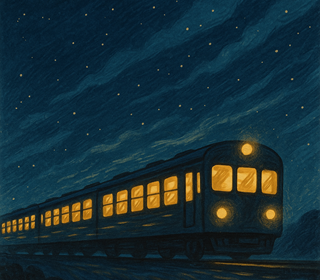
Cultural Note
In English, you might describe it as:
- “Clatter clatter”
- “Clickety-clack”
- “The sound of a train rumbling by”
But “gatan goton” captures the exact Japanese rhythm — the dual beats of the wheels on the tracks.
It’s often used in novels, children’s books, and anime to evoke travel, nostalgia, or the quiet solitude of motion.
Watch & Feel the “Gatan Goton” World!
Feel the “gatan goton” — the pulse of travel, the hum of motion
It’s a sound of progress, distance, and gentle nostalgia.
The world keeps moving — gatan goton…
Try Using It!
When you describe a train scene, a journey, or even the flow of time —
say it softly, with rhythm:
Gatan goton〜

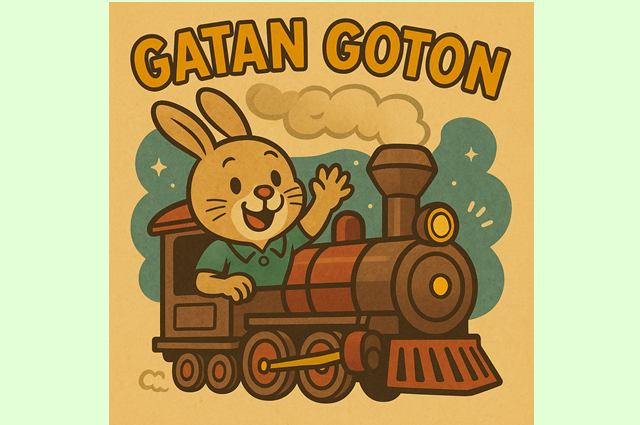


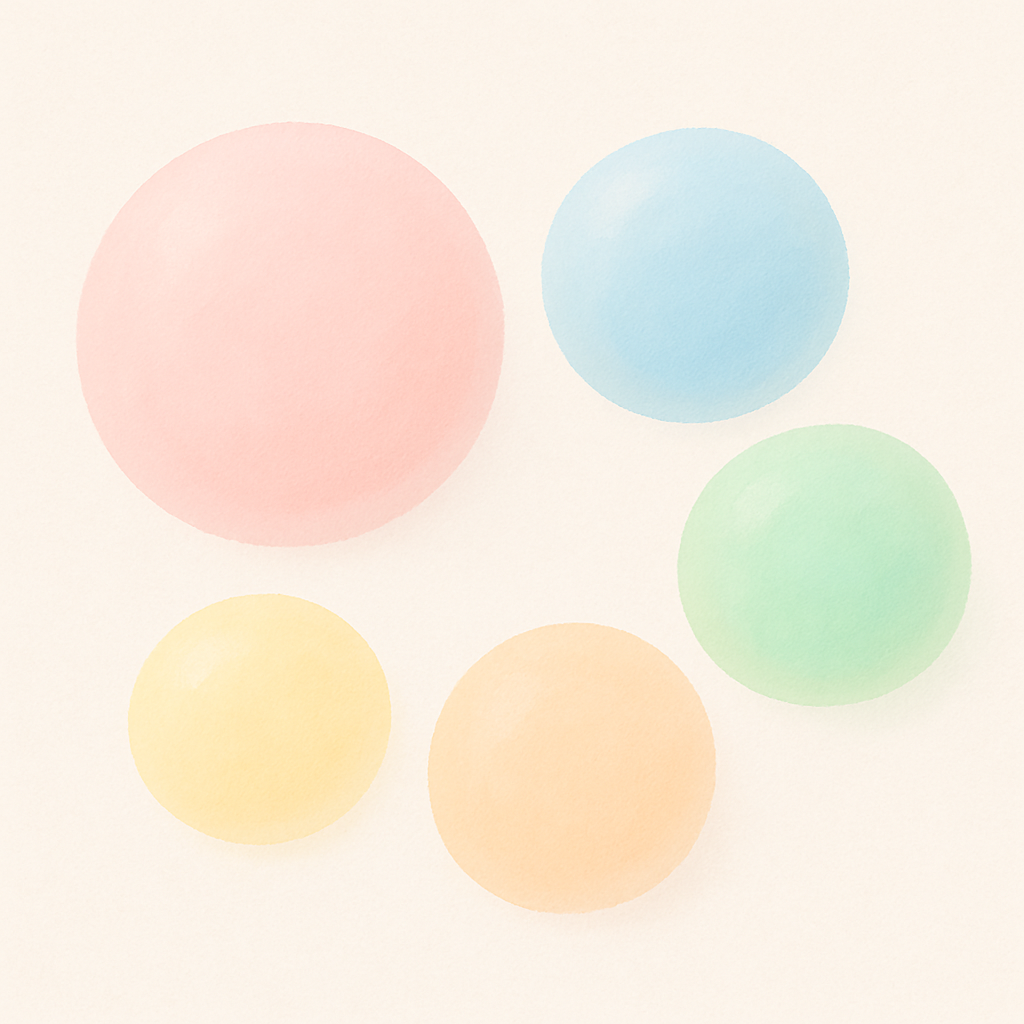

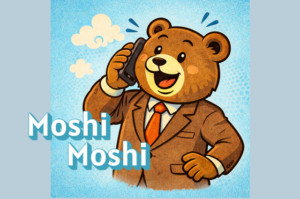
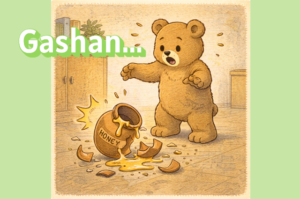
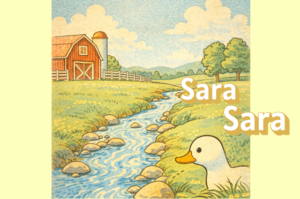
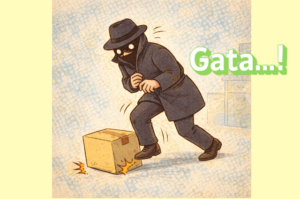
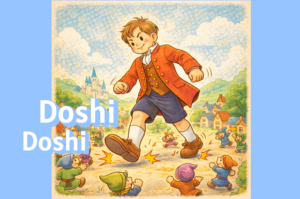
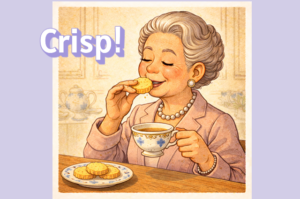
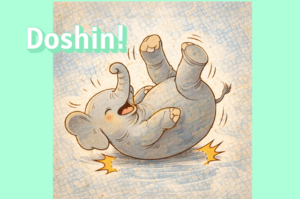
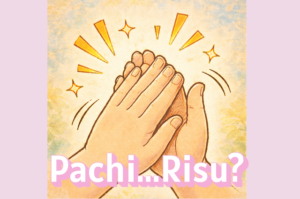
Comments